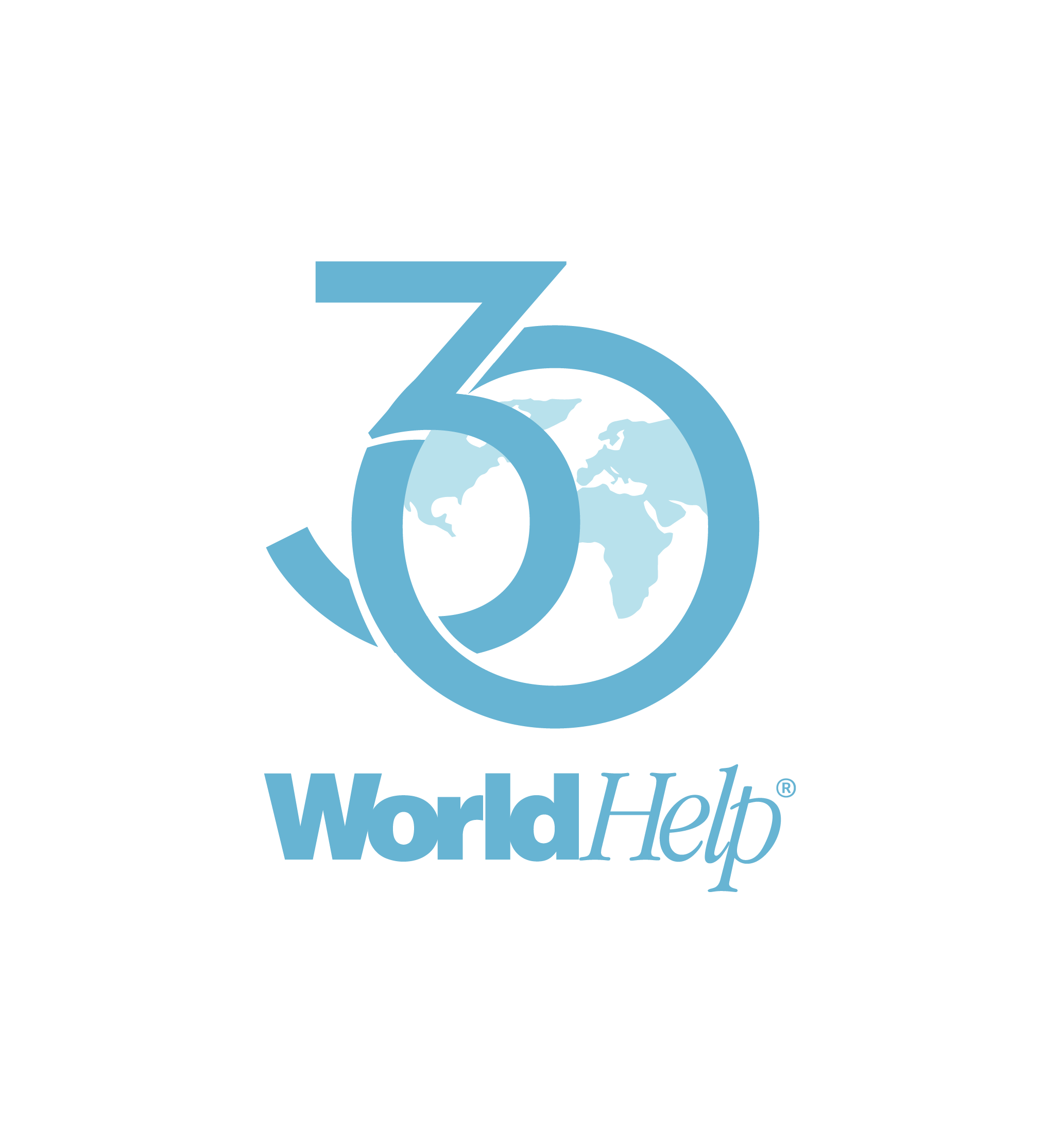More than 10 percent of the Guatemalan population still lives without improved water sources today. In fact, it’s common for rural villages to collect their daily supply of water from the nearest river. Yet these natural sources are also breeding grounds for contamination—often dotted with garbage and grazing animals.
Consider the village of Los Limones. Every day, 400 people in this community would trek to a local river to bathe, wash clothes, and fetch water for their tasks at home. But what they saw as a life source to the community was actually causing incredible harm.
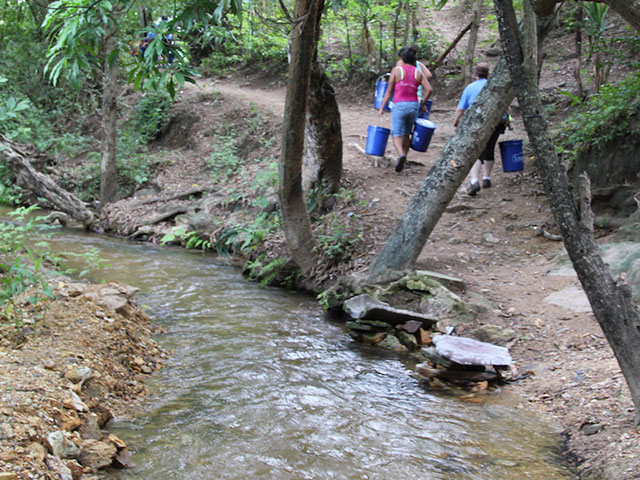
General hygiene and health was poor in Los Limones. The village’s only improved water source was a small well that neighboring communities also relied on for drinking water. But because the limited supply would run out during the day, many families in Los Limones were forced to gather water late at night.
One grandmother named Marta told us her family had no choice but to stay up late—no sooner than 10:00 PM—in order to ensure they could collect enough water for the next day. The routine became tortuous for her family members who rose early for work the following morning. Water was the burden that haunted them day in and day out.
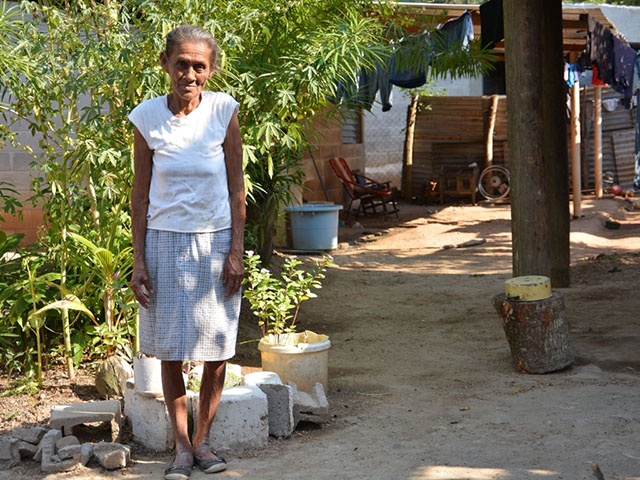
Imagine yourself in Los Limones’ situation for a moment. You cannot turn on a tap for clean water. You must walk to a muddied river in order to collect it. And there, you bathe and wash clothes with others while your children play in the polluted flow. You listen helplessly as they complain of stomachaches or skin rashes.
You learn that the small supply of water at the local well has run down for the day. You dread waiting in line with other families later that night as you make another exhausting trip between your home and the well, heavy buckets weighing on either side.
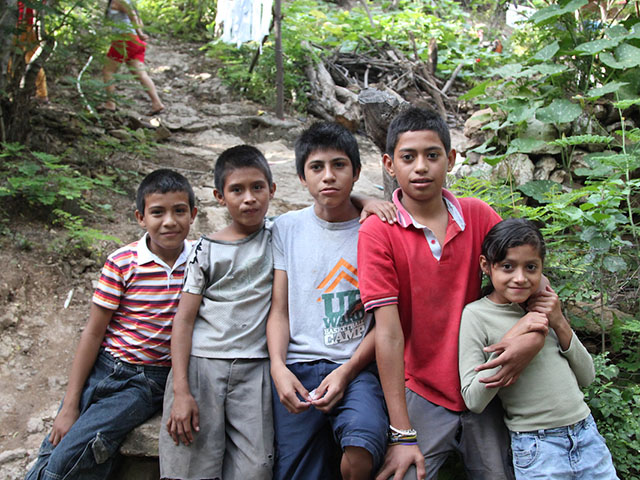
The burden of water has wearied you to despair . . . but there is nothing you can do to stop the cycle.
But this desperate pattern has been broken for Los Limones—in the form of a new, deep bore well provided by World Help supporters and clean-water advocates.
“We used to go to the river often to wash clothes or to drink the dirty contaminated water because we hardly ever had water in our homes. Now, thanks to God, there has been a clean-water well built in our community that will provide water for us every day,” Marta said.
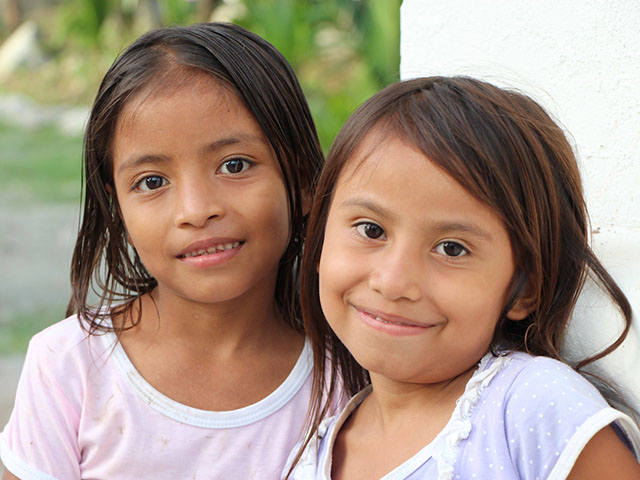
With clean water, hope flows. For the people of Los Limones, it even means the luxury of more sleep—a gift we may take for granted as safe water runs freely through our households.
Most likely, we will never know the physical and emotional burdens of dirty water or water scarcity. But for thousands of rural Guatemalans, this cycle of hopelessness is intrinsic to their way of life.
Will you consider alleviating the tremendous burden of water for a disadvantaged community like Los Limones this World Water Day? Your gift of any amount will bring refreshment and renewed hope to exhausted individuals.
Or think about involving your own community in your efforts! Learn what you can do together to break the cycle of despair when you create your own water team.




